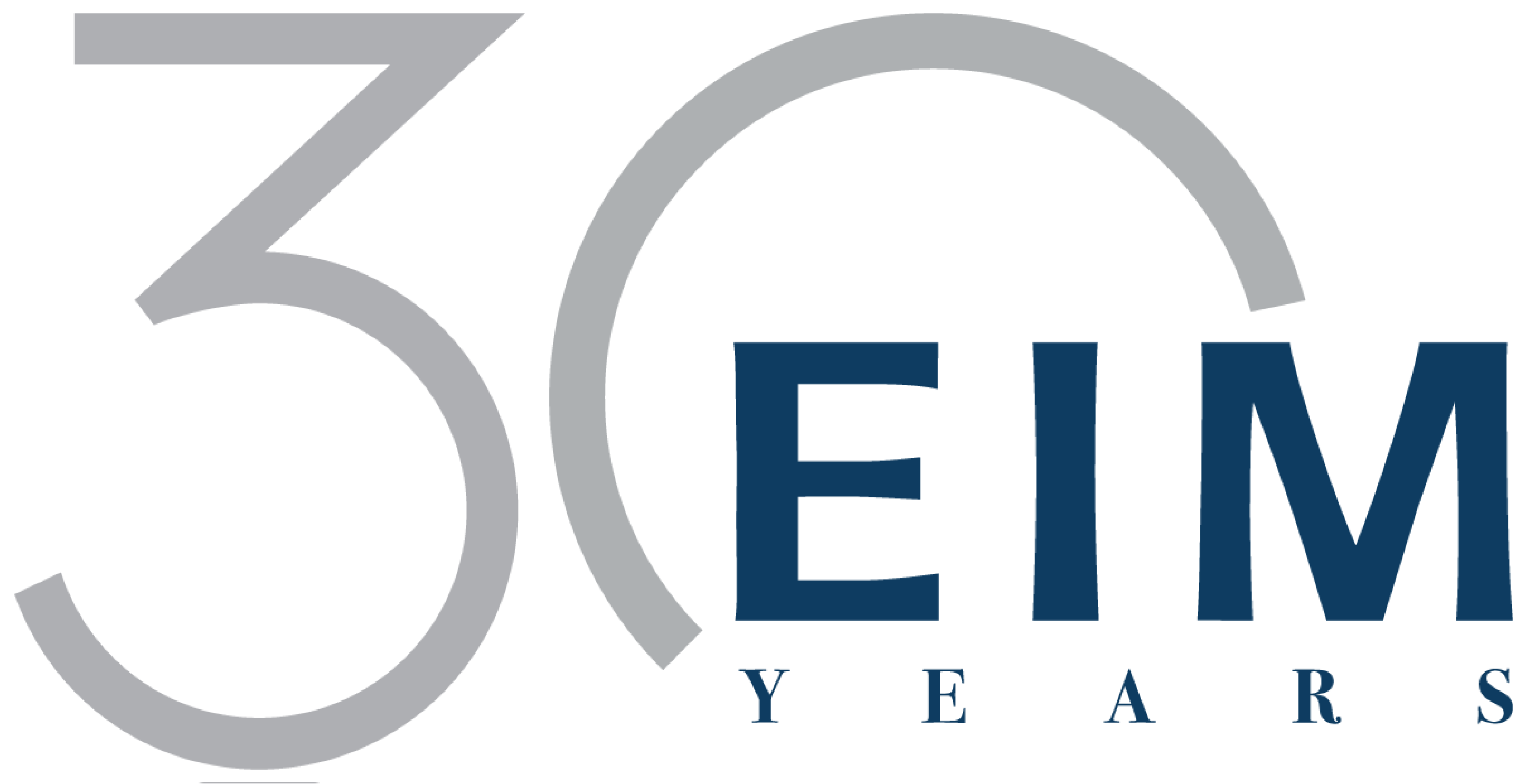
Agility Update May 2020
AN INDEPENDENT GLOBAL PARTNERSHIP BACKED BY THE EXPERIENCE OF OVER 10,000 ASSIGNMENTS WORLDWIDE.
“There is no place for pre-pandemic thinking in a post-pandemic world.”
– Dominic Perrottet, NSW Treasurer
As a launchpad for post-pandemic thinking, Agility Update May 2020 presents big picture thinking from economic theorist Jeremy Rifkin and futurist Paul Higgins, and articles focusing on the use of technology in distance education and knowledge management, to recycling opportunities for a more community- and social-minded post-pandemic world.
Covid-19 triggers opportunities for the future
Notwithstanding the pandemonium that Covid-19 has unleashed on the world, it might prove to be the catalyst that propels us into IR4.
The thorough disruption of life as we know it has proven false the assertion: “It can’t be done” in many instances – remote working is an easy example – and it could be a challenge convincing people to go back to the “old ways” once normality rules again. By throwing everything into question, this sudden change blasts open the doors of opportunity.
Pulling back for a big picture view through the eyes of influential economic theorist Jeremy Rifkin may kickstart some ideas. Rifkin who was an adviser to the EU leadership, the People’s Republic of China and to German Chancellor Angela Merkel, says we are in a rare period of history when communication revolutions converge with energy and new modes of mobility. This convergence heralds a fundamental change in the way a society manages power and moves economic life which in turn requires changes in business models and governance.
For more details, read two in-depth interviews with Rifkin: A key player in China and the EU's 'third industrial revolution' describes the economy of tomorrow at Business Insider, Jeremy Rifkin on How to Manage a Future of Abundance at Strategy+Business and an interview related to his book The New Green Deal. Though the interviews are from 2017 and 2019, they are just as relevant, if not more so, today. To help deal with the uncertainty ahead, Australian futurist Paul Higgins offers a free useful resource: Scenarios for Covid-19 for organisational strategy.
Recycling ripe for investment
As recycling mountains steadily build and plans to ban single use plastics accelerate in South Australia and across the globe, investment opportunities for solutions seem ripe. Opportunities exist at every stage of the product and packaging life cycle. Some examples from Australia and around the world include:
Reusable Packaging: Melbourne-based Returnr offers a shared pool of stainless steel food containers that customers “borrow” from, and “return” to partner cafes and workplaces. Loop, by US-based social enterprise TerraCycle, is an e-commerce platform for consumers to buy products from leading FMCG partners including Procter & Gamble, Nestlé, PepsiCo, Unilever, Mars, Clorox, Coca-Cola, Mondelēz, Danone using the old ‘milkman model’ i.e. products are delivered to customers at the same time empties are picked up, washed, refilled and restocked for delivery to another customer. The customer gets the product but the company owns the package.
Compostable Packaging: US-based Footprint engineers biodegradable moulded fibre to make meat trays, shelf-stable bowls, disposable cups, and other containers that outperform plastic, and is currently devising alternative packaging for Philips, Bose, Target, Foxconn, and more. Sydney-based Bioplas makes certified single compostable and biodegradable flexible food wrapping, single-use food-service ware, compostable waste bags for food waste collection, agricultural mulch film and more.
Minimal, plastic-free or naked packaging: Notpla makes edible food packaging from seaweed and plant extracts while Melbourne-based Lush Cosmetics offers a range of packaging-free cosmetics ranging from shower oil to skin serum to foundation. FMCG giant Unilever is also innovating in this space with its shampoo bars and toothpaste tablets.
Food waste: Melbourne startup BringMeHome is an app that allows restaurants and cafes to list surplus foods at discounted prices – whether that’s sandwiches, salads or soups – for users to pick up at an allotted time.
Household goods: Swedish based TipTapp is an app that connects households with an item to recycle e.g. a washing machine with those willing to take it away for a small fee. Based in Seattle USA, Ridwell offers a subscription service that pick up and recycle household waste.
Electronics: Finnish founded startup, Swappie, is helping to cut down e-waste in the Nordics by providing a marketplace for people to sell and buy smartphones. Refurbed began refurbishing phones, laptops and tablets for sale in Austria and has since taken over the German-speaking market.
Knowledge is power in private equity
Private equity fund managers who develop an effective knowledge management capability and ecosystem grounded by a firm culture geared to knowledge sharing stand to reap a significant competitive advantage. According to Boston Consulting Group, such gains in a representative private equity fund of about US$20B in asset under management would translate into a net impact of US$20M to US$30M annually.
However, firms should not mistake their library for a knowledge management function. Unlike a library, a knowledge management system is a dynamic ecosystem with three interconnected components: people and processes, content, and technology.
Developing an effective knowledge management ecosystem requires a company to:
- detail organisational and team structures with individual roles or functions
- improve knowledge sharing processes for better investment decisions
- set clear expectations for how investment professionals will capture, share, and reuse knowledge.
But before undertaking this journey, private equity firms should ask the following questions:
- What is the state of knowledge management processes, systems, and culture in the fund or firm today?
- How could we generate the greatest value? That is, which content should we collect and share?
- How will knowledge management and sharing affect our different investment groups? Our core services?
- What specific tools, culture, and incentives will we need to be successful?
- How will we measure impact? For example, how will we attribute value generated by a successful investment decision to an effective knowledge management ecosystem?
EdTech bears watching
The EdTech or EduTech sector may be one to watch as COVID-19 disrupts schools and universities globally. The rigid classroom-based education model has been largely unchanged for the past 150 years. However, with students locked out or staying away in the current pandemic, the sector acknowledges it is ripe for revolution.
According to Deloitte venture-capital investment in technology related to education jumped from a global A$500 million in 2010 to A$7 billion in 2019, based on market estimates. By 2025 global expenditure on edtech – teaching and coaching software, administration, credentialing and university research management – will reach A$341 billion.
In addition to IoT (Internet of Things), AI (Artificial Intelligence) and Blockchain that are all expected to disrupt education, some educators are already:
- harnessing the power of data to help with retention and student success
- digitising curriculum for online learning to support face-to-face learning
- using AR (Augmented Reality) and VR (Virtual Reality) technologies for immersive learning
- leveraging mobile technology to enhance the academic lives of both students and faculty members
- personalising learning experiences through using data and analysis
- developing online testing to provide more continuous and adaptive formative assessments.
Click the links to read about edtech in China, India, Korea and Europe. Check out Australia’s education technology and innovation industry hub EduGrowth for more news and resources.

EIM AUSTRALIA
EIM (Executive Interim Management) was founded to meet the need in client organisations for experienced leaders at short notice to facilitate and accelerate change. We are an independent global partnership backed by the experience of over 10,000 assignments worldwide.
Arrange a consultation >